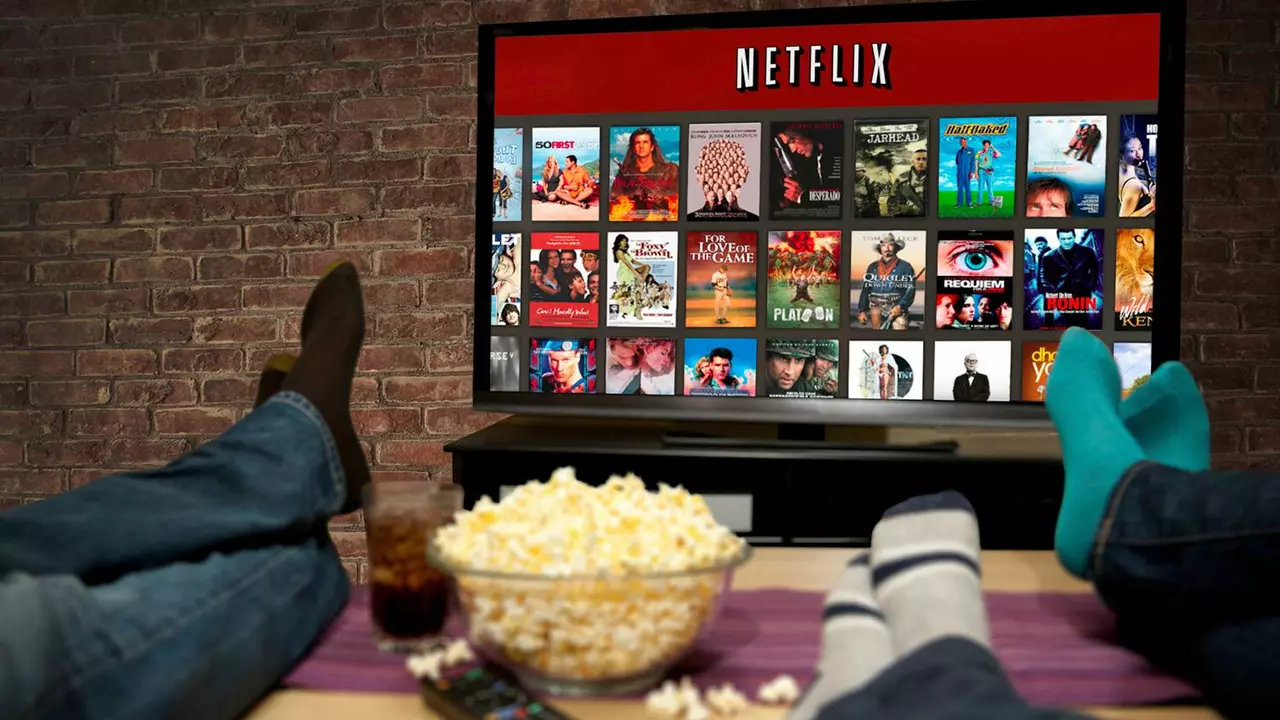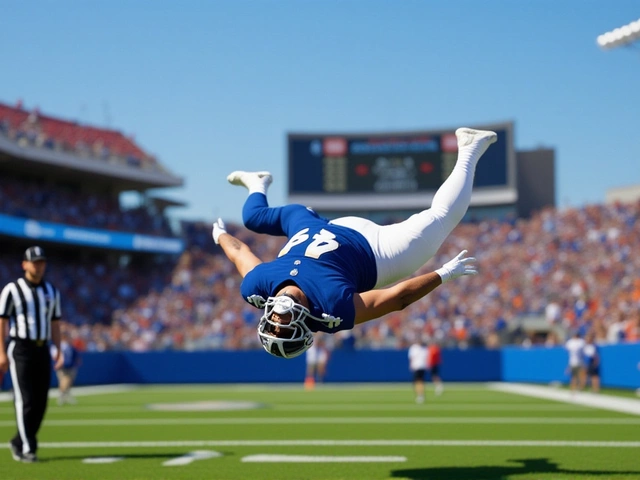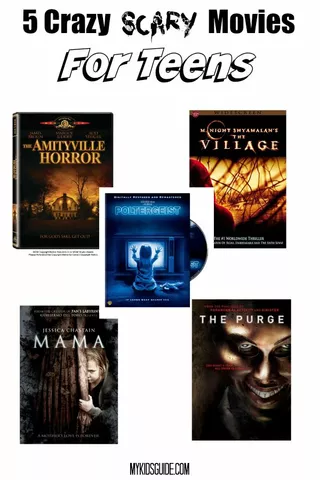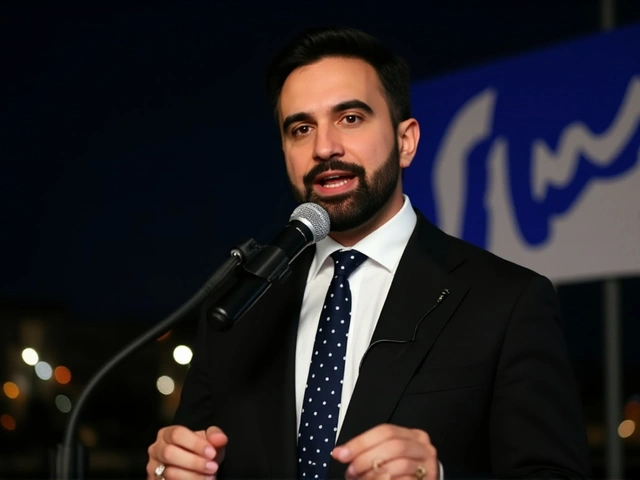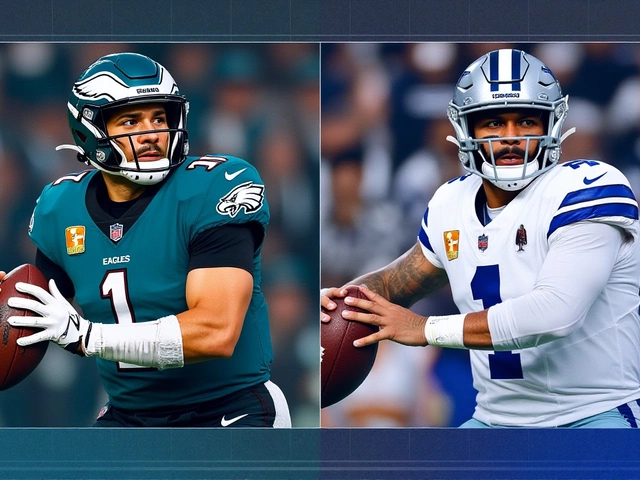Defining Literature: A Traditional Approach
So let's begin our exploration by delving into the specifics of what literature traditionally entails. The good ol' Oxford dictionary itself defines literature as "written works, especially those considered of superior or lasting artistic merit." There's something oddly comforting about dictionaries, isn't it? Like the smell of an old book tucked away in a dusty corner of the library. Gets me every time.
But back to the point, this, for many, forms the cornerstone of our understanding of literature. A tangible, printed piece of writing that you can hold, smell (because who doesn't love the smell of a good book, eh?) and treasure. By this definition alone, it seems like our favourite television shows or that movie that made you cry like a baby clearly don't fit into the narrative.
Expanding the Horizon of Literature: With a Little Help From Modern Thought
Ah, but the beauty of the world is this constant state of change, wouldn't you agree? Our definitions evolve, and with that so does our understanding of words and objects that were once limited by restricted perspectives. Modern literacy theorists such as Robert Scholes have argued for a broader understanding of literature which includes any text, whether written or not, that can be read, including television shows and movies.
So, yes! Cue the dramatic music and pop that Champagne! Your favourite Netflix binge might well be considered literature. You could argue that a script serves the same purpose as a novel – it guides us through a narrative, gives us insights into characters' minds, allows us to experience emotions, and the aesthetic value of it, like a fine wine, lingers long after completion.
Narrative Structures: Comparing Books and Screens
Beyond terminologies and definitions, let's dissect this argument a bit more. Literature, in its most traditional form, pays excessive attention to narrative structures, character development, plot design, and thematic exploration. In books, the author spends countless words and pages initiating us into their world, creating dimensions and carrying our imagination along with theirs.
On the other side, TV shows and movies also use visual narrative construction to achieve the same. A director might use the tool of cinematography to bring forth a tale which, given its poetic visualization, speaks volumes without uttering a word. The gorgeous scenery in "The Lord of the Rings", we've all been there and marvelled at the beauty, haven't we?
The Power of Television: The New Age Novels
Enough beating about the bush, let's get to the real deal. Television shows. Ah! The convenience, the addiction and don't get me started on the cliff-hangers. They have arguably become the modern equivalent to reading a novel. They offer serialized narratives that feature complex characters, intricate plot-lines, and high-grade production values.
Given the episodic nature and long hours, you end up spending more time with characters from a TV show than you do in a book or a movie. Jamie and Claire from "Outlander", they've practically become household names, right? That's the power of television, it’s omnipresent, and it makes literature accessible and enjoyable to everyone.
The Magic of Movies: Short Stories on a Big Screen
Where TV shows are essentially iterations of a sprawling novel, I love to think of movies as short stories – crisp, compact narratives that hold your attention for a couple of hours and then leave you contemplating for days, maybe. Classics like "Casablanca", "Dead Poets Society" or contemporary jewels like "The Shape of Water", they challenge our perception in those short hours, as any good piece of literature should.
The narrative elements of literature find their way into movies through the art of filmmaking. Script, dialogue, cinematography, background score, costumes - it's a cocktail of all these elements that bring to life those unforgettable movie moments.
Personal Anecdote: The Book or the Movie?
You know, growing up, I was a bookworm. Still am, for that matter – there's a special kind of comfort that only a good book can provide. However (and there's always a however, isn't there?), I remember, around the time I was thirteen or so, "Harry Potter and the Goblet of Fire" released in the cinemas, and boy, was it a game-changer!
Watching my beloved characters come alive on the big screen, their world as I imagined being transformed into a visual spectacle – it was overwhelming, yet oddly satisfying. And right then, in between all the excitement and popcorn munching, that little thought popped in my head – could this be literature?
Concluding Thoughts: TV Shows, Movies and the Question of Literature
At the end of the day, are TV shows and movies considered literature? Well, it's all subjective and up for interpretation, folks. Traditionalists may ardently refuse to accept this, whereas modernists may argue that this is the future of literature.
I believe the heart of the matter lies in what we seek in books – an emotional and intellectual journey. If a pre-midnight binge on your favourite show or a classic movie touches your soul as a well-composed sonnet or a carefully constructed novel, why should they not be classified as literature?
Take it from someone who has cried, laughed, loved and lived through countless books, TV shows and movies – narratives touch us, teach us and transform us, regardless of the medium. So, until next time, happy reading, or should I now say, happy watching!?
